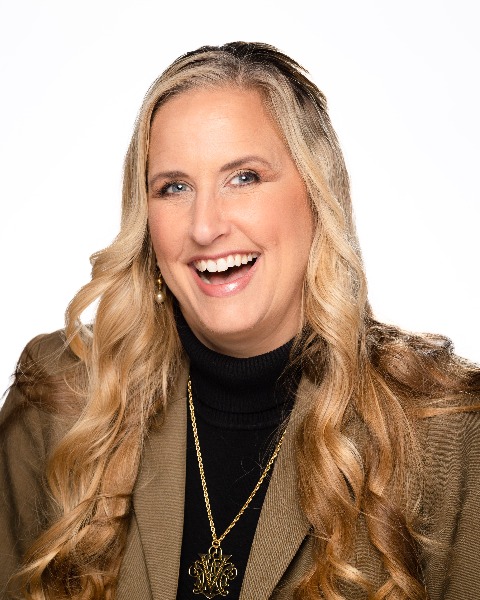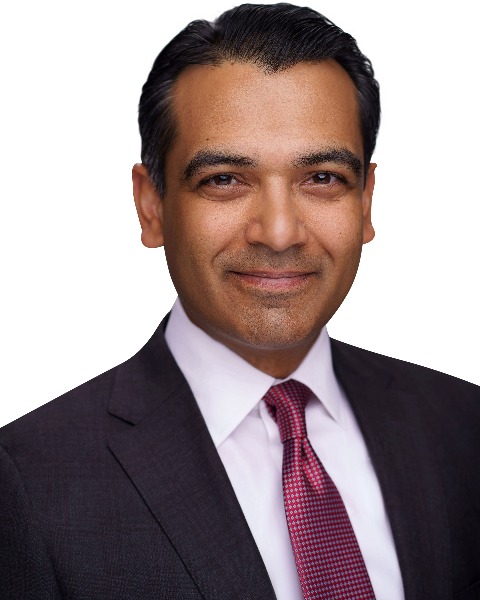Professionalism
Prevention is Worth More Than a Pound of . . . Legal Fees: How to Prevent Practice Management Problems Before Trainees Enter the Real World
Wednesday, September 20, 2023
9:15 AM - 10:15 AM CT
Location: Louvre 3

Amanda Hill, JD
Attorney
Guard My Practice
Bee Cave, Texas
Amit Joshi, MD
Associate Dean for Graduate Medical Education and Professor of Surgery
Cooper Medical School and SCORE
Camden, New Jersey
Description: Through rigorous standards enforced by the Accreditation Council for Graduate Medical Education (ACGME) and the American Board of Medical Specialties (ABMS) Member Boards, residency graduates enter the workforce clinically competent, but are often unsure how to handle issues like contracts, compliance, fraud and abuse, and employment issues. Burnout and lack of engagement are leading issues for residency programs, and there are ways to help ameliorate this problem. If programs build into their curricula strategies to deal with issues such as contract negotiations, difficult employment issues, complicated fraud schemes, the basic pitfalls of billing and coding, it would save physicians stress and lead to a more unified, engaged physician workforce. The answer to these problems cannot always be to always “hire a lawyer." Physicians cannot always rely on their employer to “handle” these things. They are integral issues to practicing medicine in today’s age. Teaching doctors that they are not alone, that coding, billing, compliance, and reporting is all inter-related, only helps prepare them. Learning to self-audit and be aware of practices that present the most risk helps physicians remain focused and confident.
In this session, these issues will be addressed from a curricular and a real-world perspective. We want to find a way to help doctors in the training field before they start work so that they can grow in knowledge about issues such as contract negotiations, fraud and abuse issues, employment matters, and other practice management topics necessary in the world of healthcare.
Citations and Literature References (if none, write n/a): n/a
In this session, these issues will be addressed from a curricular and a real-world perspective. We want to find a way to help doctors in the training field before they start work so that they can grow in knowledge about issues such as contract negotiations, fraud and abuse issues, employment matters, and other practice management topics necessary in the world of healthcare.
Citations and Literature References (if none, write n/a): n/a
Learning Objectives:
- Identify which areas are presently available in accreditation and certification requirements, and what may be lacking in current postgraduate education surrounding practice management skills
- Discuss what type, format, and length of trainings work best to help educate doctors in these areas, meeting them “where they are”
- How to engage with and not “talk at” doctors about these difficult topics so they can feel connected and part of the team
